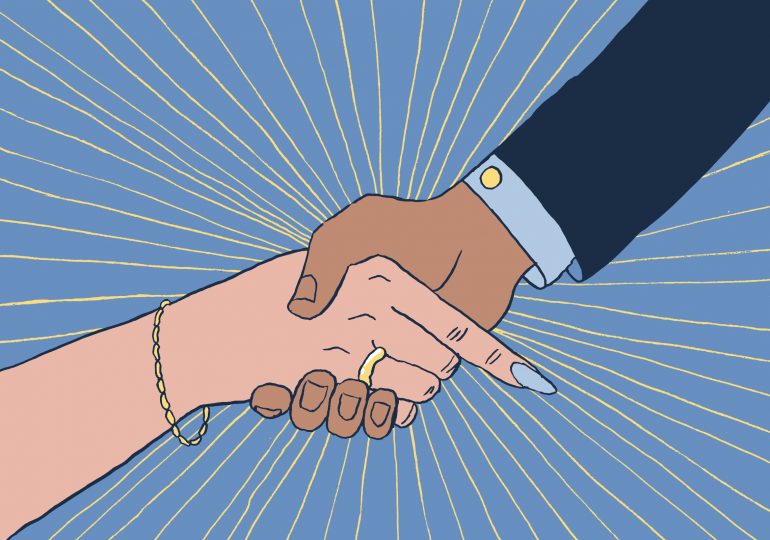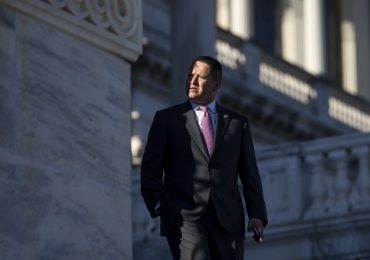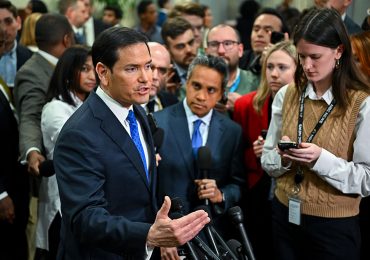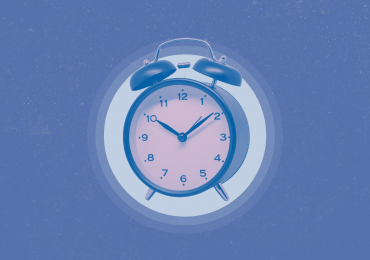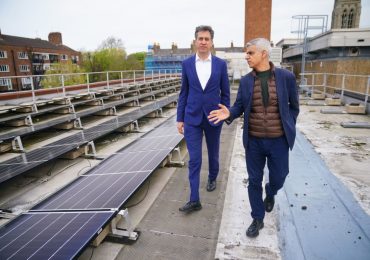Most of us have subscribed to the idea that romantic love is unconditional. True love lasts forever and when you fall in love, you are with that person through thick and thin, in sickness and in health. We don’t say “I love you” lightly because behind it is the implication that we love the other person entirely, flaws and all.
But sometimes love is conditional. And acknowledging that fact (and not holding unconditional love as the only type of love to strive for) will help us figure out what we want out of our romantic relationships—and what we don’t.
[time-brightcove not-tgx=”true”]
There are real and valid reasons why love fades, changes shape, or disappears entirely. According to Forbes, 75% of divorced couples cited lack of commitment as the reason. This lack of commitment includes partnerships where betrayal or infidelity occurred, but also reflects relationships where partners grew in different directions and couldn’t reconcile who they had become.
Love is complicated and can be challenged by the smallest of things like personality quirks to more impactful issues like political and spiritual beliefs. Over the course of a relationship or marriage, each partner’s core beliefs may change and, thus, may put a strain on the romantic connection. Psychologically, individuals go through seven-year blocks of change throughout their lifespan. Career changes, desires to pursue new interests, hobbies or lifestyles, and gaining deeper insight into our own emotional needs may all heavily impact who we are as partners and what our relationship priorities are. It’s unrealistic to think that in a marriage, couples won’t face pivotal changes as they cohabitate, share household responsibilities, co-parent, and develop as individuals. These changes can be foundation-shaking enough to cause an irreparable rift.
Read More: If You’re Dating Right Now, You’re Brave
This can be brought on by changes outside of the relationship, too. For instance, rising political tensions may cause couples to confront differences they never knew they had before. Geopolitical conflicts and war can highlight identity differences that were never an issue before each partner felt they had to choose a side. All these factors can make seeing eye to eye and staying in a relationship more difficult, especially if the ideological divide is too big.
Is it fair to ask someone to commit to whatever results from all these years of unpredictable change?
Many people choose not to stay in partnerships that they feel no longer work for them. The 2024 divorce rate in the U.S. is 43%, and the average length of marriage is eight years. The divorce rate increases the more times you get married, so the likelihood that first divorces are just a fluke seems far-fetched. Despite the odds being against so many of us to have life-long love, there’s something appealing about putting one’s faith in the success of only one relationship for the rest of our lives. There’s comfort in thinking that “this time” love will endure.
But continuing to search for unconditional love may be a set-up for disappointment. When we shift from believing that the highest form of love is unconditional love to something more realistic, we can feel less disappointment and guilt when we find ourselves in relationships where our feelings for our partners change. When we see conditional love as a real possibility instead of something that has to be avoided at all costs, we are more free to love how we need to when we need to.
Of course, there are times when couples drift apart and are able to come back together, perhaps even stronger than before. But there’s no guarantee that just because you stay committed to the relationship that romantic love will survive. We don’t have reliable data on how many people are in loveless marriages, but it’s safe to say that many people stay in marriages for reasons other than romantic love: They may have accepted that their partner isn’t who they fell in love with, but that the relationship is still valid and important. They may have decided that divorce would be entirely too disruptive or costly. And in the worst of cases, they may feel that they can’t leave a toxic or abusive relationship.
Read More: Companionship Is Underrated
Whether you decide to stay or leave a relationship where love has changed or disappeared, it’s important to not see that as failing. Romantic love has conditions under which it can thrive. Safety, trust, attraction, values alignment and respect are foundational. If one (or many) of these dimensions is disrupted, love can change.
Relationships take work, time, and patience. They are only successful if both parties are willing and able to put in that work. It’s time we recognize that some love is conditional and save ourselves the guilt when we can no longer commit to what the relationship has become. Having unconditional love as the only “valid” form of love only limits our ability to learn and grow in whatever ways we need to in relationships. It’s an unfair burden to ask of oneself and one’s partner given the many ways in which we can each evolve into people who may not fit together anymore.
Recognizing that when conditions in the relationship change, so, too, can the love we experience is one way we can love more authentically. It helps relieve the pressure of having to force ourselves to love someone who we truly do not.
Leave a comment
